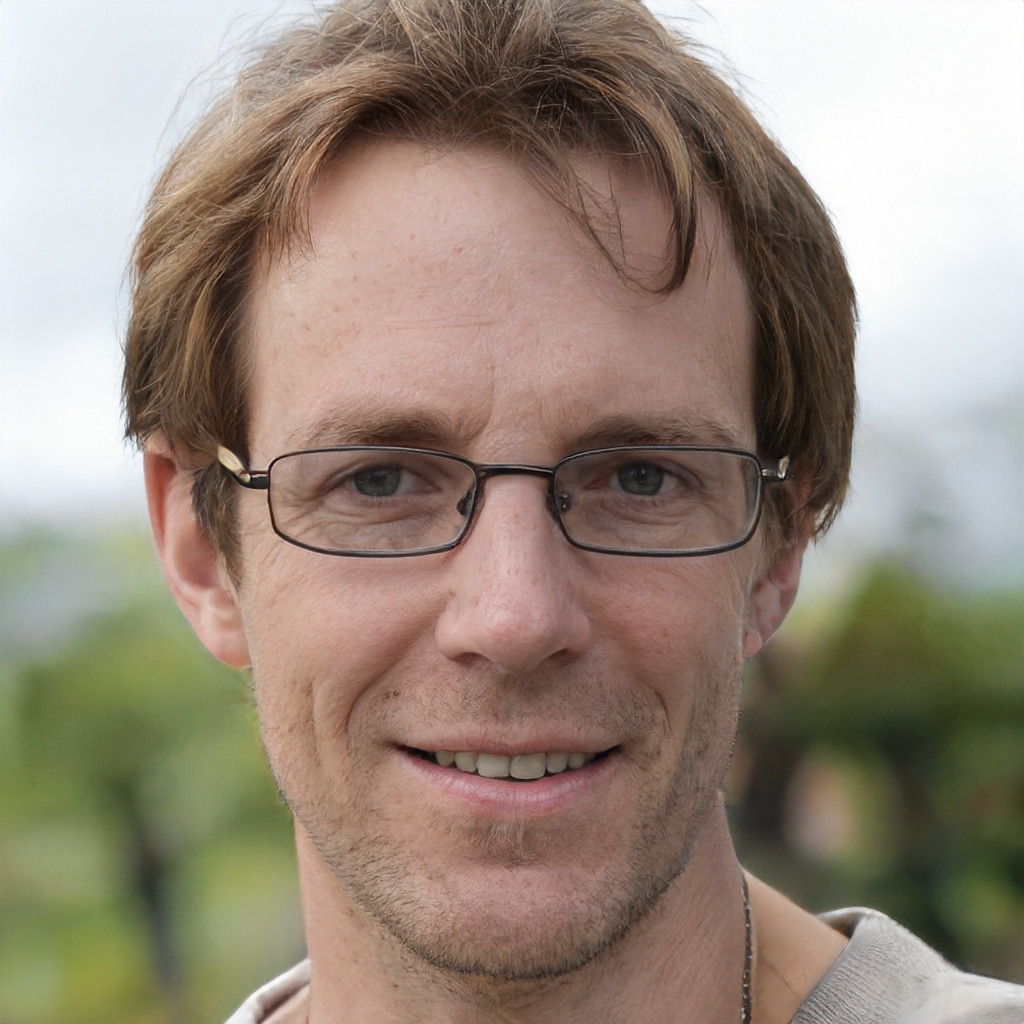Un fisico ha calcolato la quantità di informazioni contenuta nell'intero universo osservabile: tutto l'esistente quantificato in bit.
Il tentativo di comprendere la natura ultima del nostro universo è, con buona approssimazione, al centro della ricerca filosofica e scientifica di tutti i tempi.
Ma una scienza, tra le altre, ha fatto della ricerca dello schema ultimo dell’esistente il motivo centrale del suo studio: la fisica teorica, dopo Einstein, non ha fatto altro che cercare risposte alla "domanda fondamentale sulla vita, l’universo e tutto quanto" – per citare uno dei filosofi preferiti di Elon Musk.
Un approccio del tutto nuovo alla domanda sull’universo e tutto quanto è quello proposto dal fisico Melvin Vopson, che ha deciso letteralmente di contare il numero totale di informazioni contenute nell’intero universo osservabile.
Le informazioni che governano l’universo
In una grandiosa impresa solitaria, che ricorda le grandi scoperte di inizio secolo, il fisico Melvin Vopson dell’Università di Portsmouth, nel Regno Unito, ha deciso di quantificare le informazioni contenute nell’intero universo osservabile, fornendone una stima numerica.
L’affascinante studio, pubblicato su AIP Advances, nasce da una premessa che è acquisizione altrettanto recente: l’ipotesi cioè che – insieme a massa ed energia – l’informazione sia una delle strutture di base della realtà che conosciamo.
Secondo le ultime teorie, l’informazione – espressa in bit – contiene le regole che governano l’esistenza di materia ed energia, e potrebbe addirittura essere un quinto stato della materia.
Perché quindi non iniziare dal contare quanti bit contiene l’Universo? To do so, Vopson first provided an estimate of how much information about itself a single elementary particle, such as an electron, contains.
According to Vopson, whose calculations followed the guidance contained in Shannon's Information Theory, each particle in the universe contains 1509 bits of information that determine its existence and behavior.
To calculate how much information elementary particles contain, Vopson applied Shannon's calculations of information entropy, according to which the information content of a message depends on probability: the less probable the information, the greater the amount of information contained in the message.
Using Shannon's complicated calculations, Vopson then calculated how much information is contained in the mass, charge and spin of protons, neutrons and electrons, to arrive at a numerical estimate of the total number of bits contained in the universe.
"This is the first time this approach has been used to measure the information contained in the universe," says Vopson: and his study, in fact, "provides a very clear numerical prediction."
How big is the whole thing?
Vopson's study, which restricts the calculations to the visible universe, thus excluding antiparticles and invisible forces such as bosons: "we considered bosons as responsible for the transfer of information, not for its conservation," explains the physicist.
According to the theory on which Vopson's heroic calculation is based, in fact, information could be contained only in "stable particles with rest mass different from zero", nothing to do with bosons carriers.
The number that provides the answer to Vopson's question is a figure with 80 zeros, slightly lower than previous estimates, which included in the calculation non-stable particles and bosonic currents, although, admits Vopson "their ability to record information is undeniable".
"The information could also be contained in other forms, including the very surface of the fabric of space-time," says the physicist.
How big is the whole, then, according to Vopson's calculations? Well, the observable universe contains about 6 × 10 (raised to the power of 80) bits of information.
The new calculation could be of great importance to the investigation of new physical theories that attempt to explain the universe: among the most fascinating hypotheses is that the very information could be the dark matter that physicists around the world have been searching for.
